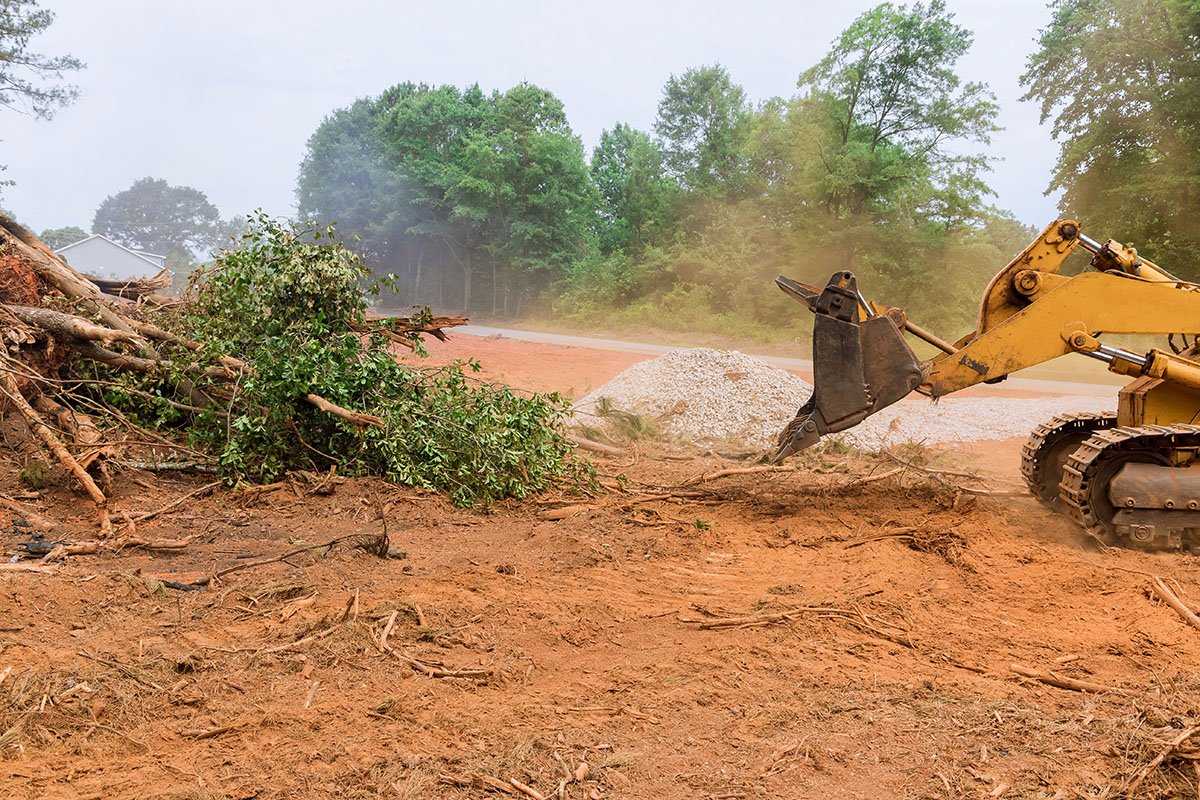$135 Million Verdict Reduced to $5 Million

As an example of how trial and appellate courts are reigning in nuclear verdicts, a federal judge in Georgia recently reduced a $135 million jury verdict to a $5 million judgment. What was the court’s rationale and how might it impact other nuclear verdicts in other states?
Shaun and Amie Harris sued Westwood Professional Services Inc. (Westwood), Silicon Ranch Corporation (SLC), Infrastructure and Energy Alternatives Inc. (IEA), and IEA Constructors, LLC (IEA Constructors), asserting claims for nuisance, trespass, and negligence for damage to their land. The Harrises alleged that SLC’s development of solar farm caused siltation of their 21-acre lake. See $135 Million Drainage Verdict | Gerstle Snelson, LLP (gstexlaw.com) for more details.
The case was tried, and a verdict rendered on April 28, 2023. The jury found all parties but Westwood liable. The jury awarded the Harrises $1.5 million to repair the land and $9 million in compensatory damages for loss of enjoyment and use of their land. The jury then awarded $125 million in punitive damages to the Harrises, with SLC allocated $25 million and IEA and IEA Constructors each allocated $50 million. Additionally, the Court issued an injunction requiring SLC, IEA and IEA Constructors (collectively Defendants) to remediate the Harrises’ land. It was the Court’s understanding that the special master monitoring the Defendants’ site stabilization progress under the injunction anticipated the land would be stabilized by October 1, 2024.
SLC, IEA, and IEA Constructors proceeded to file post-trial motions seeking to overturn the jury’s verdict. The Defendants argued that the verdict was a result of retribution by locals who wanted to send a message to the out-of-towners. However, the Court noted that any attempt to paint the jurors as an irresponsible runaway jury was misguided. The Court noted that the jurors, local or not, took their job seriously.
However, the Court acknowledged that verdicts delivered by even the most exemplary juries are not immune from judicial review. As discussed by the Court, it is its job to make sure that the jury’s verdict is consistent with the law and supported by the evidence. Here the Court found the jury’s verdict as to liability to be supported by the evidence and the law, but the damage awards excessive and unsupported.
Cost of repair. The jury’s award for the cost of repair was reduced from $1.5 million to $296,000. At the trial the only evidence introduced on the cost of repairs was the Harrises’ expert testifying that the estimated cost of repair, as of the date of trial, was $296,000. Thus, without any additional evidence, the Court found the evidence did not support the jury’s award for $1.5 million and reduced the damage award to $296,000, the amount proven at trial.
Loss of enjoyment and use. The Harrises’ award for loss of enjoyment and use was reduced from $9 million to $975,508. The Court found that the evidence presented entitled the Harrises to receive damages for the loss of enjoyment and use, but the jury’s award of $9 million substantially exceeded the $3.3 million the Harrises paid for the land. The Court found that a fair and reasonable award for loss of enjoyment and use to be $975,508, which was to be divided between Shaun and Amie Harris.[1]
Punitive damages against SLC, IEA, and IEA Constructors. The Court found that the evidence presented at trial supported the jury’s finding that SLC, IEA, and IEA Constructors engaged in conduct that authorized punitive damages. However, in considering (1) the relationship between the compensatory and punitive damages, (2) the Defendants’ financial conditions, (3) the reprehensibility of the Defendants’ conduct, and (4) the injunctive relief, the Court found the punitive damage award to be excessive. Thus, the Court reduced the $25 million damage award against SLC to $1,144,357, the $50 million damage award against IEA to $1,525,809.60, and the $50 million damage award against IEA Constructors to $1,144,327.20.[2]
The Court’s reduction of the jury’s award underscores not only the importance of judicial review of jury verdicts, but also the necessity of providing legally sufficient evidence to prove-up damages. The attorneys in our Austin and Dallas offices have significant experience arbitrating and litigating property damage matters. Please contact us at info@gstexlaw.com with any questions you may have.
Legal Disclaimers
This blog is made available by Gerstle Snelson, LLP for educational purposes and to provide general information about the law, only. Neither this document nor the information contained in it is intended to constitute legal advice on any specific matter or of a general nature. Use of the blog does not create an attorney-client relationship with Gerstle Snelson, LLP where one does not already exist with the firm. This blog should not be used a substitute for competent legal advice from a licensed attorney.
©Gerstle Snelson, LLP 2023. All rights reserved. Any unauthorized reprint or use of this material is prohibited. No part of this blog may be reproduced or transmitted in any form or by any means, electronic or mechanical, including photocopying, recording, or by any information storage or retrieval system without the express written permission of Gerstle Snelson, LLP.

